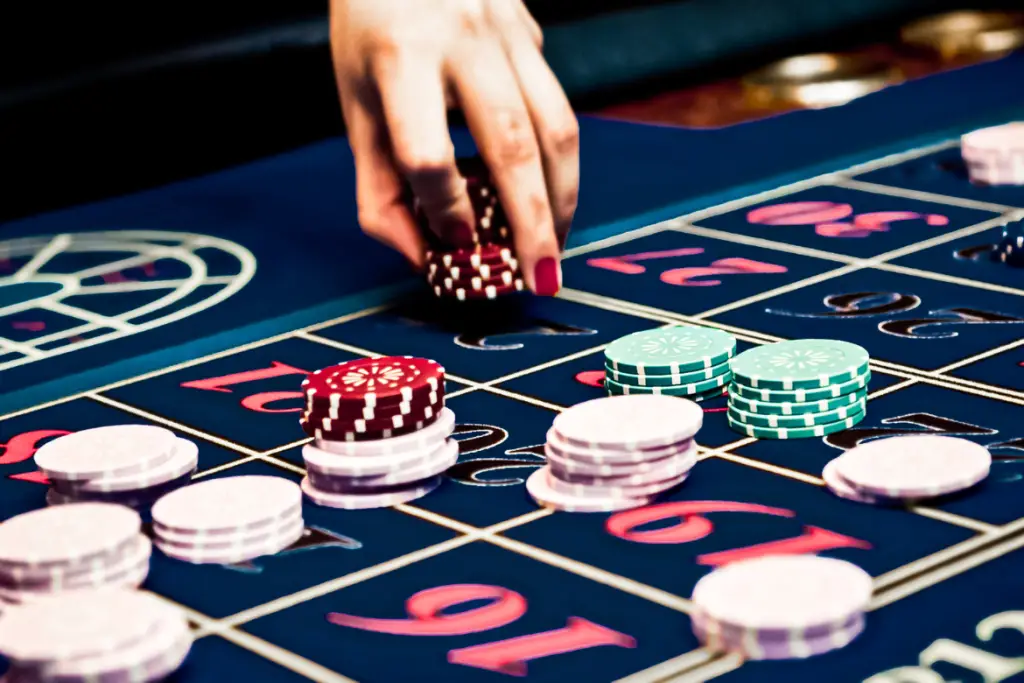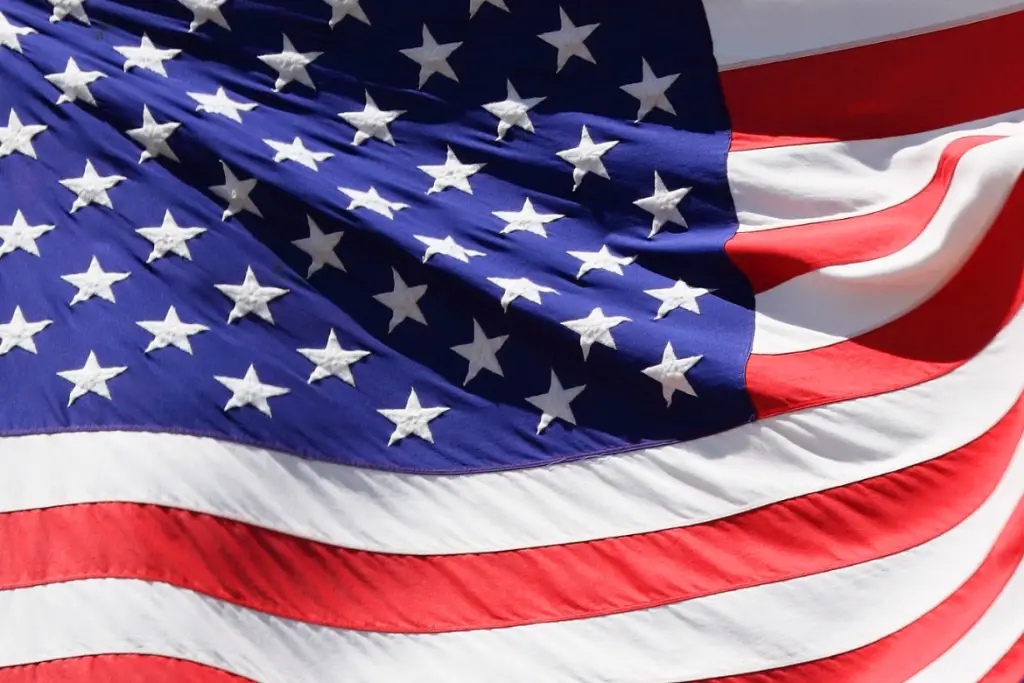Ah, the evolving landscape of language! From Shakespearean English to the colorful jargon of today’s youth, words morph, twist, and adapt to fit the times. And in the realm of American slang, “bet” is a term that’s been making waves, much like the ripples of a stone tossed into a cultural pond. But what does it truly signify? Let’s embark on a linguistic journey.
The Beginnings: Diving Deep into the Origins of “Bet”
The term “bet” has long been ingrained in the English language, primarily referring to the act of wagering, a binding agreement cemented on the uncertainties of luck or skill. For as long as humans have dared to predict outcomes—from horse races under the fervent sun to clandestine dice games in dimly-lit rooms—there’s been a “bet” to challenge or affirm those predictions. A gamble of monetary assets or perhaps just one’s pride, it’s a term that’s evolved hand-in-hand with the thrill of the unknown.

Yet, language, ever the malleable art, rarely allows words to remain stagnant, particularly when they’re thrown into the cauldron of cultural shifts. And so, by the latter half of the 20th century, as America’s urban tapestry began to weave intricate narratives influenced by music, art, and collective consciousness, “bet” found itself ready for reinvention.
The emergence of hip-hop, especially, became a catalyst for this linguistic evolution. This genre, known for its pulse on the street and its transformative power over words, adopted “bet”. Its rappers, poets of the modern era, no longer saw “bet” merely as a transactional term but as a phrase capturing a sentiment—a sentiment of affirmation and acknowledgment.
Decoding the Nuances: The Multifaceted “Bet”
Language is a canvas that continually gets repainted, and the term “bet” in its slang avatar offers a masterclass in such linguistic versatility. While it might initially present itself as a monochrome word, its hues become apparent when you delve into its multifarious applications in day-to-day exchanges.
A Stamp of Affirmation and Agreement:
When two friends discuss weekend plans over text, and one suggests, “How about a movie marathon at my place?” A swift reply of “bet” can seal the deal. It stands tall as an unequivocal yes, a modern-day synonym for the more archaic affirmatives like “okay,” “sure,” or even the ’90s-tinged “cool.”
The Playful Daredevil:
There’s an edgier side to “bet,” one that thrives on challenges and dares. Imagine someone doubting your ability to, say, finish a spicy food challenge, proclaiming, “There’s no way you can handle that heat!” A retort of “bet” is not just an acceptance of the challenge but a confident proclamation of “Just wait and watch.” It’s a playful gauntlet thrown down, a cheeky assertion of one’s capabilities.

The Subtle Nod of Acknowledgment:
Then there are moments when “bet” dons a more subdued robe. When a friend shares a piece of news or an update, responding with “bet” can be the verbal equivalent of a nod—a sign that says, “I’ve heard you; I get it.” It’s not always about agreeing or accepting a challenge. Sometimes, it’s merely about signaling that you’re present and engaged in the conversation.
Language, especially slang, isn’t always fixed in its meaning. It ebbs and flows with the currents of culture, society, and individual personalities. The term “bet,” with its adaptability, exemplifies this fluidity. It’s a word that, depending on the context, can be a handshake, a hug, a high-five, or even a playful nudge. And, as with any slang, the nuances often get molded by the speaker’s tone, the listener’s perception, and the ambient dynamics of their relationship. In essence, while “bet” may have started its journey rooted in transactional semantics, it has blossomed into a multifunctional term that captures the complexities of human interaction.
Frequently Asked Questions (FAQs) about “Bet” in American Slang
1. Is “bet” exclusively American?
While its recent slang usage has strong roots in American culture, the term, thanks to the internet and global media, has seen usage in other parts of the world.
2. Can “bet” be considered disrespectful?
It depends on context and tone. In casual, friendly settings, it’s typically seen as informal but not rude. However, in formal settings or with unfamiliar individuals, it’s best to gauge the situation.
3. How did “bet” evolve from its original meaning?
Language often evolves in response to cultural shifts. In the case of “bet,” its transformation was likely influenced by the urban and hip-hop scene, with its penchant for repurposing and redefining terms.
4. Is it essential to understand the nuances of “bet”?
While the basic understanding is that “bet” is an affirmative, being aware of its nuanced uses helps in richer, more accurate communication, especially with younger generations.
5. How is “bet” different from “word” in slang?
Both “bet” and “word” are affirmatives in slang. However, “word” often leans more towards acknowledgment or agreement with a statement, while “bet” can also convey the idea of taking up a challenge.
Remember, slang is fluid and can vary between communities and regions. The vibrant tapestry of language continues to evolve, and “bet” is just one of its many colorful threads. So the next time someone says, “We’re meeting at 7 PM, okay?” and you’re in agreement, go ahead and reply with a confident “Bet!” It’s more than just slang—it’s a cultural nod.







